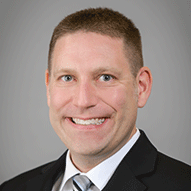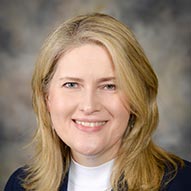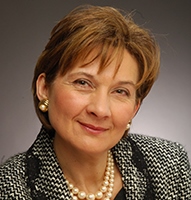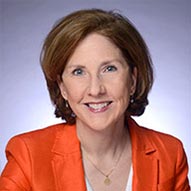Dallas:
214-456-8899
Fax: 214-456-5986
Some children and teenagers are more likely than others to have depression. The good news is, it’s very treatable through medications, therapy and exercise. At Children’s Health, you’ll find leading experts on depression and other mental health issues in children. We’ll work with your whole family to help put your child on track to a brighter, happier life.
Every child or teenager experiences bad moods and has bad days. Depression goes beyond this.
Depression is a serious mental illness that can lead to long-lasting feelings of intense sadness and helplessness. It can wreak havoc on your child’s appetite, sleeping patterns and physical activity. Depression can severely change how your child acts, thinks and feels. Because depression is a medical illness, it’s not something that can “go away” on its own, without treatment.
Signs of depression can include:
If you’ve noticed depression symptoms in your child for more than two weeks, it’s a good idea to schedule an appointment with their doctor. The doctor will ask you and your child a series of questions to determine if your child has depression. These questions may include things like:
Some doctors will also use questionnaires to assess your child’s symptoms.
Your doctor will also conduct a medical examination to see if any physical problems play a role in your child’s mindset.
As with adults, depression in children can be caused by a variety of factors relating to physical health, life events or stress, family history, environment, genetics and biochemical imbalances.
Depression rarely goes away on its own. If it’s not treated, a single episode of depression can last from six to nine months – as long as an entire school year. Children’s Health℠ offers a variety of treatments, including medication management, counseling services and sleep programs to help your child cope and recover. Our treatments and approaches include:
Selective serotonin reuptake inhibitors (SSRIs) are commonly used medicines for depression. They help with depression by increasing the levels of serotonin (the neurotransmitter that sends signals between brain cells) in the brain.
Medication by itself won’t “fix” your child’s depression. They’ll need to meet with one of our trained child psychologists or psychiatrists for help. That’s why we offer one-on-one counseling services and family therapy for your child.
Exercise has been shown to be helpful in improving symptoms of depression and preventing relapse in children. Interventions that improve sleep can also be used to improve depressive symptoms.
We have a team of pediatric psychologists, pediatric psychiatrists, social workers, recreational therapists and licensed professional counselors who can help your child.



























Among children, the highest rate of depression is seen among teens between the ages of 13 and 18.
Depression can have wide-ranging effects on a child’s life. These can include:
First, start the conversation with your child’s doctor about the symptoms they are experiencing. Your doctor can do a screening evaluation for depression. If needed, they can refer you to a child psychologist or child psychiatrist for further treatment.